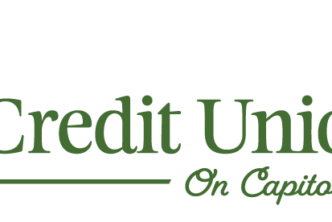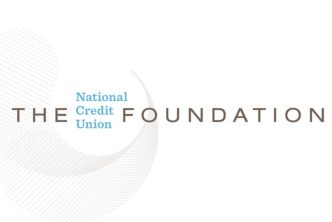With the combination of holiday shopping, the approaching tax season and coronavirus concerns, fraudsters may be looking at a perfect storm of opportunity to take advantage of consumers. The Internal Revenue Service and the Security Summit partners have issued warnings to all taxpayers and tax professionals to beware of scams and identity theft schemes.
The holiday shopping season combined with the impending tax season and an increased trend toward working remotely make online security an absolute necessity.
Basic steps everyone should remember during the holidays and as the 2021 tax season approaches:
- Don’t forget to use security software for computers and mobile phones – and keep it updated.
- Make sure purchased anti-virus software has a feature to stop malware, and there is a firewall that can prevent intrusions.
- Phishing scams – like imposter emails, calls and texts – are the number one way thieves steal personal data. Don’t open links or attachments on suspicious emails. This year, fraud scams related to COVID-19 and the Economic Impact Payment are common.
- Use strong and unique passwords for online accounts. Use a phrase or series of words that can be easily remembered or use a password manager.
- Use multi-factor authentication whenever possible. Many email providers and social media sites offer this feature. It helps prevents thieves from easily hacking accounts.
- Shop at sites where the web address begins with “https” – the “s” is for secure communications over the computer network. Also, look for the “padlock” icon in the browser window.
- Don’t shop on unsecured public Wi-Fi in places like a mall. Remember, thieves can eavesdrop.
- At home, secure home Wi-Fis with a password. With more homes connected to the web, secured systems become more important, from wireless printers, wireless door locks to wireless thermometers. These can be access points for identity thieves.
- Back up files on computers and mobile phones. A cloud service or an external hard drive can be used to copy information from computers or phones – providing an important place to recover financial or tax data.
- Working from home? Consider creating a virtual private network (VPN) to securely connect to your workplace.
In addition, the Summit partners note these security measures include mobile phones – an area that people sometimes can overlook. Thieves have become more adept at compromising mobile phones. Phone users also are more prone to open a scam email from their phone than from their computer.
Taxpayers can check out security recommendations for their specific mobile phone by reviewing the Federal Communications Commission’s Smartphone Security Checker. Since phones are used for shopping and even for doing taxes, remember to make sure phones and tablets are just as secure as computers.
The Federal Bureau of Investigation issued warnings earlier about fraud and scams related to the pandemic. It specifically warned of COVID-19 schemes related to taxes, anti-body testing, healthcare fraud, cryptocurrency fraud and others. COVID-related fraud complaints can be filed at the National Center for Disaster Fraud.
The Federal Trade Commission also has issued alerts about fraudulent emails claiming to be from the Centers for Disease Control or the World Health Organization. Consumers can keep atop the latest scam information and report COVID-related scams at Coronavirus (COVID-19) Pandemic: The FTC in Action.
The IRS, state tax agencies, the private sector tax industry, including tax professionals, work in partnership as the Security Summit to help protect taxpayers from identity theft and refund fraud. This is the first in a week-long series of tips to raise awareness about identity theft. See IRS.gov/securitysummit for more details.





